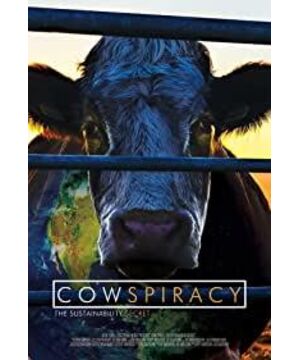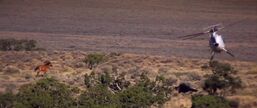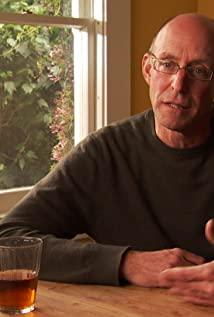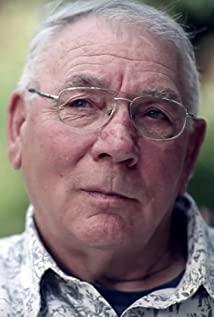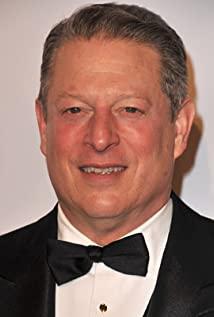conspiracy? To be discussed. In fact, after watching this documentary, the impact on me was quite big. I still knew too little about animal husbandry before. I never thought that the cost of feeding a cow would be so high that the destructive power of the environment exceeded that of fossils. energy. The emergence of human beings dominates this earth, and most of the living things on the earth are in a passive state. The reason for the excessive development of animal husbandry is self-evident, human beings endless desire to conquer and food needs. The destruction of land, forests, oceans, habitats, etc. are all problems caused by animal husbandry. This environmental disaster, species extinction, deforestation, and grazing of livestock. Why doesn't the government know? Behind this series of involvement, it boils down to the word interest. There are not a few people who have been condemned by these, but they have been killed. Environmental protection organizations refuse to talk about this topic, and behind everything is the real truth hidden. Humans, humans. When will we truly awaken? But at the end of the film, a solution is given, or another way of thinking. We should go beyond organic, not sustainability, and finally reach rejuvenation. We can change to a popular explanation. On the basis of sustainability, we should recycle its functions as much as possible to reach a stage of repetition, and finally become a system. Do your best as much as possible. In fact, protein supplements and nutrient intake can also be taken from many other aspects. As long as you are willing to take the first step.
View more about Cowspiracy: The Sustainability Secret reviews


